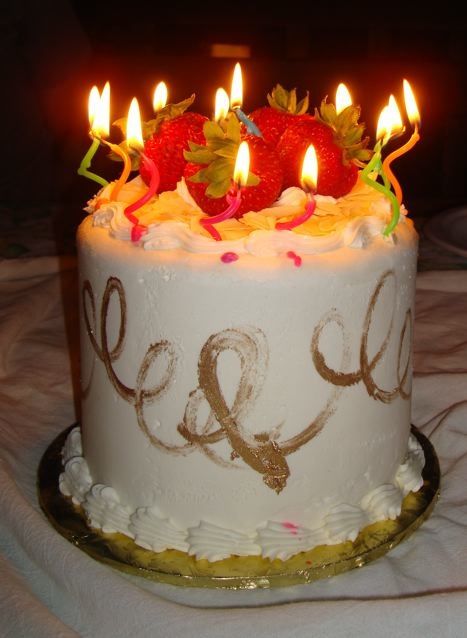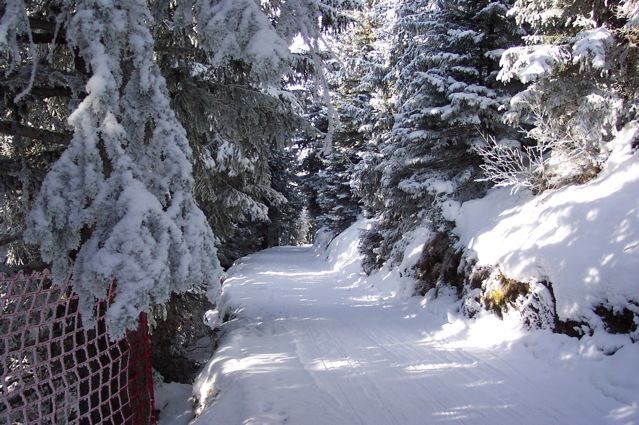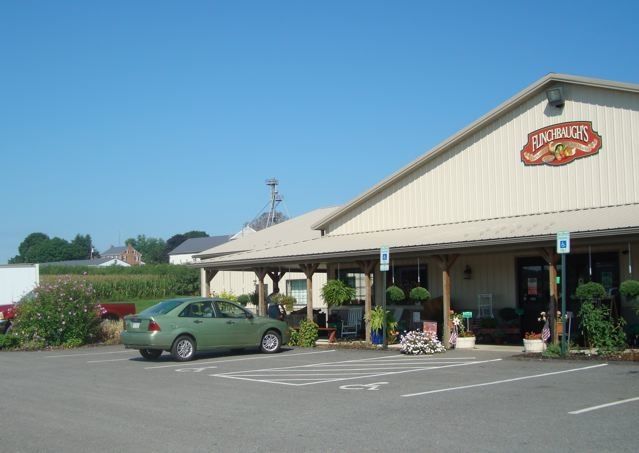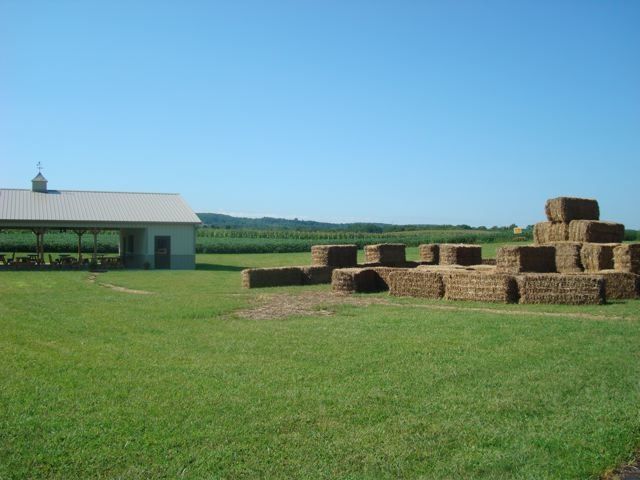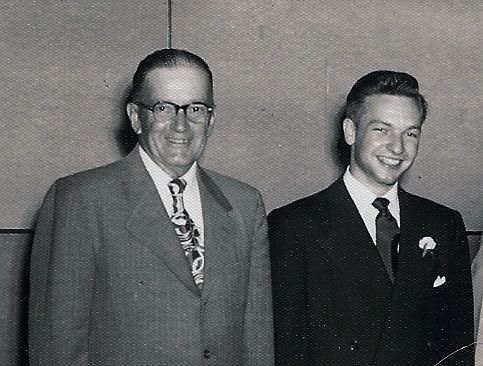
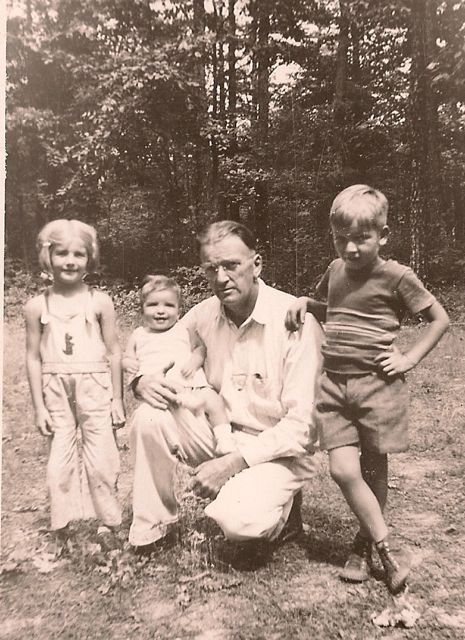
There are some things in our world that are so taken for granted we have no clue what life must have been like without them.
One evening two summers ago, while my dad and I were alone in his hospital room, our conversation turned to his grandfather. Grandpa was a tall, handsome man of Welch ancestry. I never knew much of him, save for the fact that his nickname was “Red”, because of his hair color, and that his first wife had died when my father was a small child. This evening, alone in that hospital room, Dad told me more of the story; my father, whose name is David, was named in honor of Grandpa, also David. At one point Grandpa and his family lived on a farm, but later moved to the city. They must have done well for themselves, judging from the photos taken when my grandma was a child, and from the few lovely antiques that have survived to be passed on. All that changed when Grandma was diagnosed with cancer. The medical bills resulted in my great grandparents losing their home and all of their hard earned savings. My grandma, who was caring for my toddler father, now had her parents move in so she could take care of her dying mother as well. The Social Security Act had only been signed a few years prior, in 1935, and Medicare, an amendment to Social Security, wasn’t signed until July of 1965. Grandpa remarried in later years to a woman he met at the cemetery. He was visiting his late wife’s grave, and she was visiting her late husband. At the time, Grandpa was working as a stonecutter, carving people’s names in headstones. Dad was about 21 years old and stationed in Germany when he received the news that Grandpa had fallen over dead in the doctor’s office, and his death was attributed to the years of inhalation of stone dust. He had been working to rebuild all he had lost.
My father went on to work as a truck mechanic, sometimes putting in 80-hour workweeks. Even after Dad “retired”, he worked part time. His plan was to finally fully retire when he turned 80 years old. He made it to one month shy of his 78th birthday. He was working the day before he fell ill. Until then he had never had surgery, a serious illness or a hospitalization. This time, he endured 3 months of hospitalization, which included a month in a coma in ICU, 4 major surgeries, and two months in rehab and nursing home care. After a 6-month break at home, where he needed VNA care, he went for more surgery, had two subsequent life threatening infections and more nursing home rehab. His care has been excellent and his recovery has been amazing. One more surgery, is on the schedule, after-which the nightmare should be over. He is anxious to get back to his projects around the house, tinkering in his garage and walking at the mall. Unlike Grandpa, he and my mother still have their home. Even though he was forced into retirement a few years shy of his goal of 80, his hard earned savings is still pretty much intact. He and Mom can still enjoy dinners at Bob Evans and they can pay someone to fix the furnace and do minor home repairs. They aren’t living extravagantly, but they are comfortable. For that, they can thank Harry S Truman, who in 1945 proposed healthcare for all Americans, planting the seed for what would later be known as Medicare and Medicaid. President Lyndon Johnson signed the Medicare Act at the Harry S Truman Library in Independence, Missouri on July 30, 1965, and paid homage to the former President by allowing him to be the first recipient of that act. My father, the younger of the Davids, remembers. He knows how different his life would be had this act never been signed.

